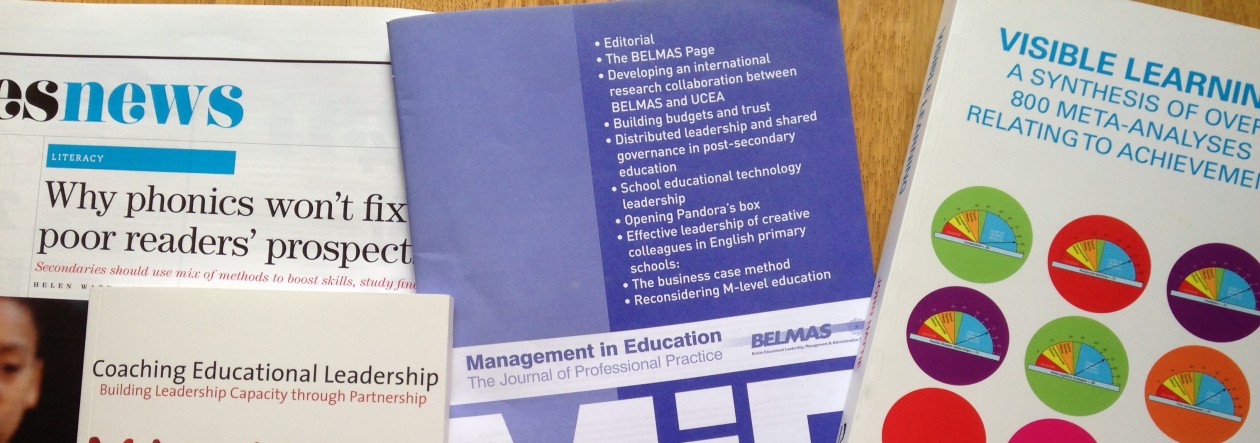The authors, Francesca Wah and Tick Ngee Sim of the National University of Singapore’s Psychology Department say that if we want to keep pushing for excellence in our classrooms, we need to be applying more evidence-based practice.
Be aware that the age range of the children involved is ‘Primary 3 and 4’.
- 1,000 primary age children
- Found that children of all abilities who competed in groups against other groups (rewards such as verbal praise and actual prizes) achieved higher scores
- Suggests that a common goal of winning and an ‘us versus them’ mindset encourages higher achieving pupils to help the weakest in their group do better.
- A team approach is preferable to rewarding just the best student at the expense of others
- It was also found that these children became more prosocial.
The authors are critical of some previous work done on reward – noting that several have been in ‘laboratory-like’ conditions that are not like classrooms at all.
They note that different rewards work for different pedagogical approaches and that ability level plays a significant part in response to the reward incentive.
There are some very interesting comments, such as the citing of Sansone and Harackiewicz (2000) who argue that rewards only work for those who think they can achieve them.
There are very complex issues at play here and the whole paper needs to be read carefully. There are many nuances.
However, the authors claim that cooperative-competitive reward is a way forward (at least for their researched group) and that we can stop discussing whether or not to use rewards and think about how best to use them.


You must be logged in to post a comment.